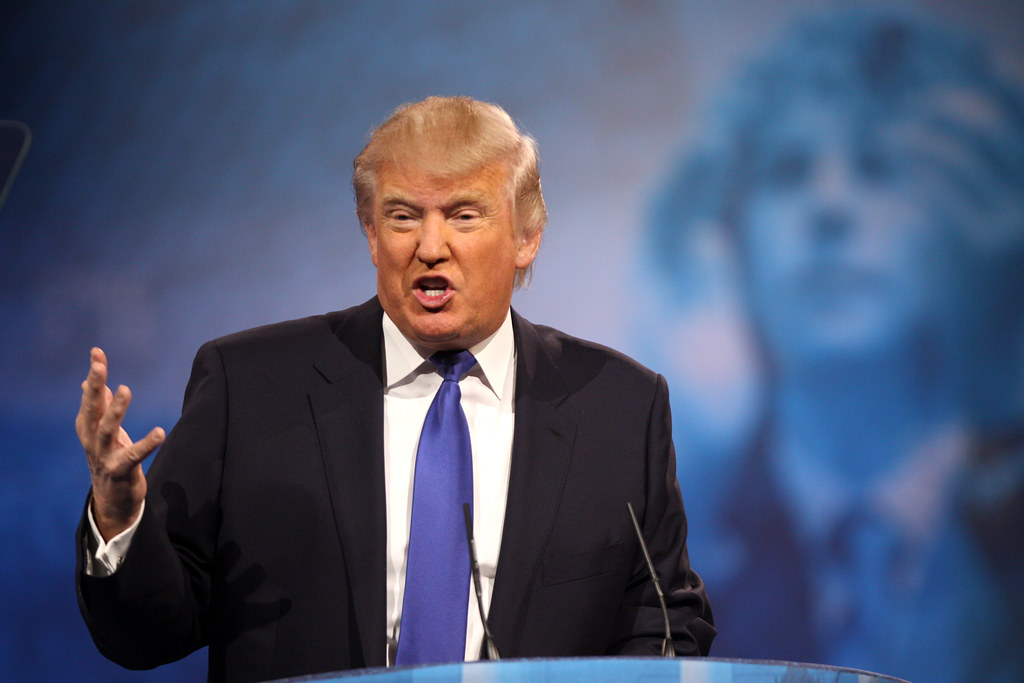In a bid to embrace digital transformation and foster a tech-friendly ecosystem, Detroit has announced that by mid-2025, its residents will be able to pay their taxes and other city fees using cryptocurrencies. This initiative is part of Detroit’s broader effort to modernize its payment systems and attract blockchain enterprises to the city.
Partnership with PayPal
According to the statement from Detroit’s Office of Treasury on November 7, the city will integrate a “secure payment platform managed by PayPal” to facilitate these transactions. While the announcement did not specify which cryptocurrencies would be accepted, PayPal currently supports several major crypto assets including Bitcoin, Ether, Bitcoin Cash, Litecoin, and its proprietary stablecoin, PayPal USD.
Detroit’s strategy goes beyond merely adding cryptocurrency as a payment option. The city aims to position itself at the forefront of blockchain technology by creating a welcoming environment for tech entrepreneurs. Detroit Mayor Mike Duggan expressed enthusiasm about the city’s proactive steps towards blockchain integration, emphasizing the potential benefits for both residents and entrepreneurs.
In line with this initiative, Justin Onwenu, Detroit’s Director of Entrepreneurship and Economic Opportunity, has called for blockchain innovators to submit their proposals for civic blockchain applications. The deadline for these submissions is December 15, with the city eager to explore ideas that enhance accessibility, efficiency, transparency, and security.
Detroit’s move aligns with a growing trend across the United States where cities and states are increasingly accepting cryptocurrencies for civic services. Places like Miami Lakes in Florida and Williston in South Dakota have already implemented similar measures. Additionally, states like Colorado and Louisiana have partnered with third-party payment vendors such as PayPal and BitPay to facilitate crypto payments.
This shift in municipal payment methods comes shortly after the election of Donald Trump, a crypto-friendly president who has promised to implement pro-crypto policies and potentially offer regulatory clarity. His administration’s plans could include measures like firing SEC Chair Gary Gensler and possibly establishing a national strategic Bitcoin reserve.
Cryptocurrency’s Role in Urban Development
Detroit’s decision to accept cryptocurrency for tax and fee payments reflects a visionary approach to urban management and economic development. By integrating digital currency options, Detroit is not just simplifying transactions for its residents but is also setting a precedent for how cities can adapt to and benefit from blockchain technology. This move could serve as a catalyst for similar adoptions across other cities, potentially leading to widespread use of cryptocurrencies in everyday transactions. Moreover, by engaging directly with blockchain entrepreneurs, Detroit is nurturing an innovative ecosystem that could lead to significant advancements in how city services are delivered and managed. This proactive stance demonstrates a commitment to leveraging technology to enhance civic engagement and operational efficiency, positioning Detroit as a leader in the digital economy.










